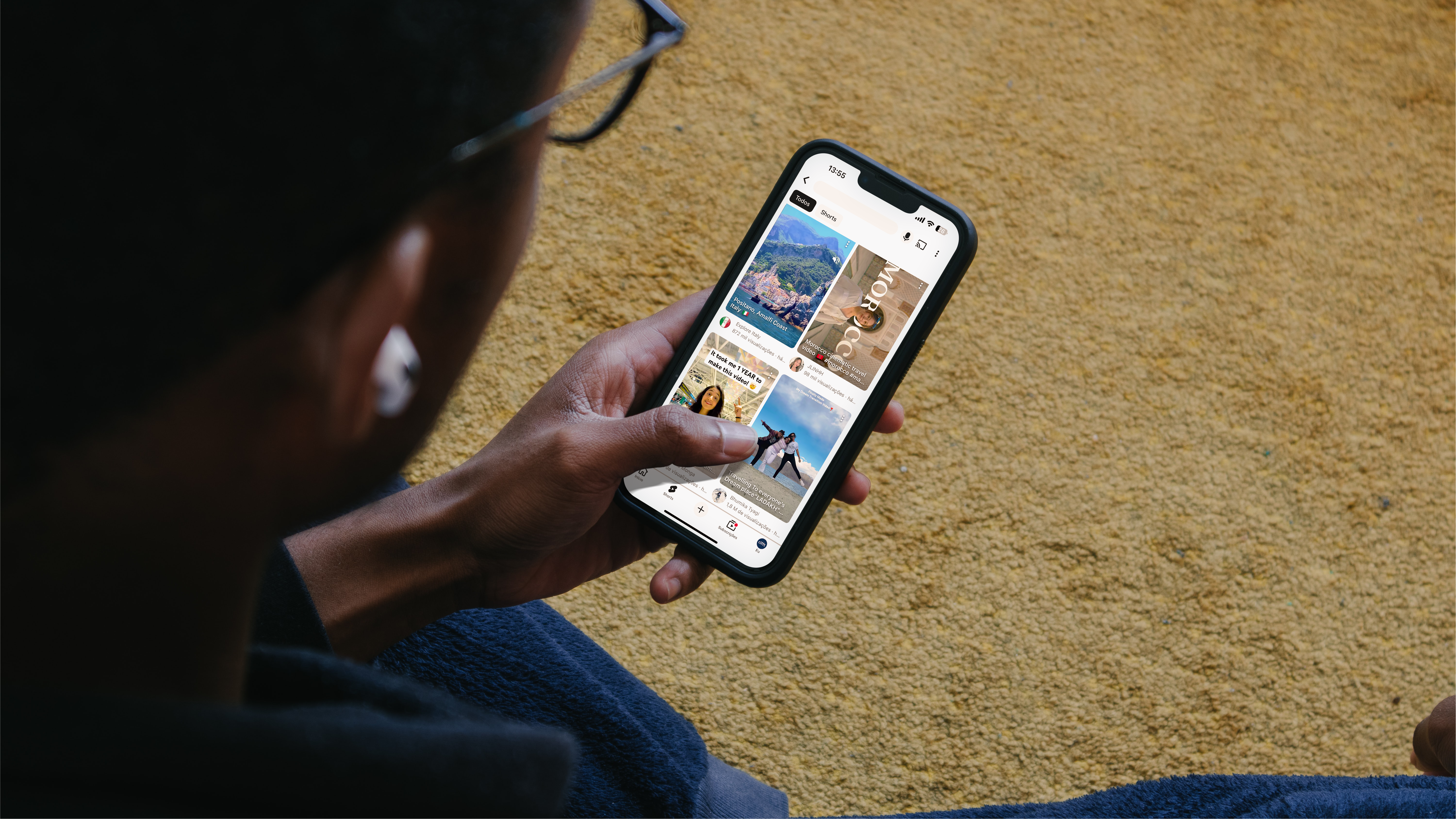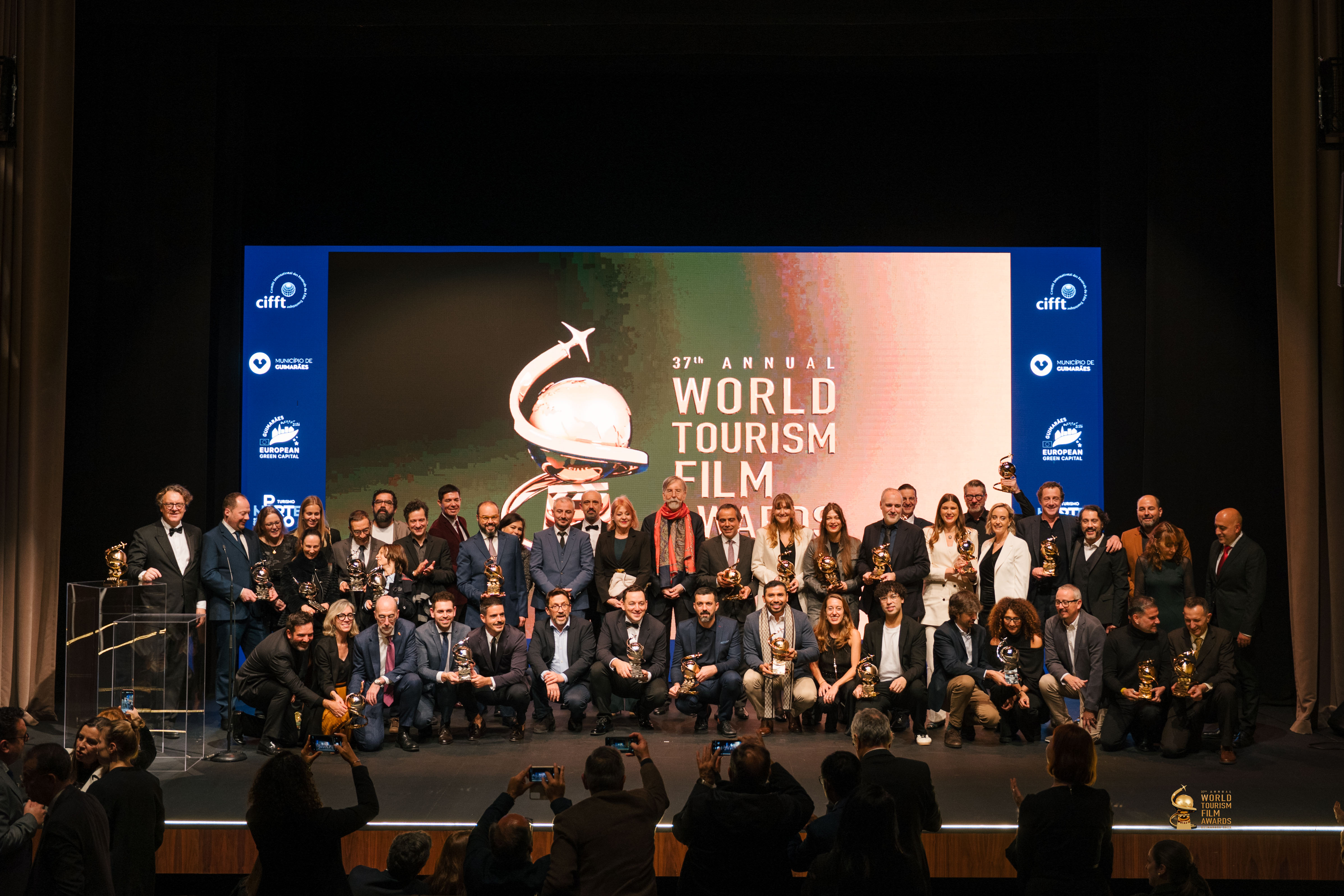AI is transforming how content is created across industries, and tourism is no exception. From writing scripts to editing videos and analyzing performance, artificial intelligence is becoming a regular part of the creative process. But as these tools evolve, so does the need for balance. While AI can help make content smarter and faster, it can’t replace what truly connects people: emotion, authenticity, and human perspective.
Speed, Scale, and Smart Content
AI tools can generate ideas, write scripts, and even create basic videos. They are helping tourism players to work more efficiently, especially when it comes to scaling content across markets and platforms. With AI, one piece of content can be quickly adapted for different audiences, languages, or formats. That is a huge advantage in today’s fast-moving digital landscape, where content needs to be both consistent and constant.
Personalization Made Easier
Modern travelers expect relevant content. AI helps deliver that by analyzing behavior and preferences to serve up personalized experiences. A user frequently engaging with nature-focused content might see more videos about hiking or eco-tourism, while someone interested in cuisine could receive food and culture-driven recommendations. This level of targeting makes marketing feel more like a one-on-one conversation than a generic campaign.
The Risks of Over-Automation
But with all these tools, there’s a risk of content becoming too polished, too predictable, or in some cases, too generic. And when everything starts to sound the same, audiences tune out. That is why the human element matters more than ever.
Creativity, cultural nuance, humor, empathy, these don’t come from algorithms. They come from people who understand what makes a destination feel different.
A truly impactful video still depends on human judgment, knowing when to slow a scene, what details to highlight, and how to capture the essence of a place or culture.
The Future is Hybrid
The future of travel storytelling lies in a hybrid approach. Creative professionals, agencies, and destination marketers can use AI to streamline processes and enhance efficiency, but the narrative and emotional core must remain human-led.
The most memorable travel videos are not just technically well-produced; they feel personal, insightful, and real. As AI continues to evolve, its most valuable role will be as a collaborator, not a creator.
In an increasingly automated world, the content that truly connects will be the content that reflects genuine human experience.



